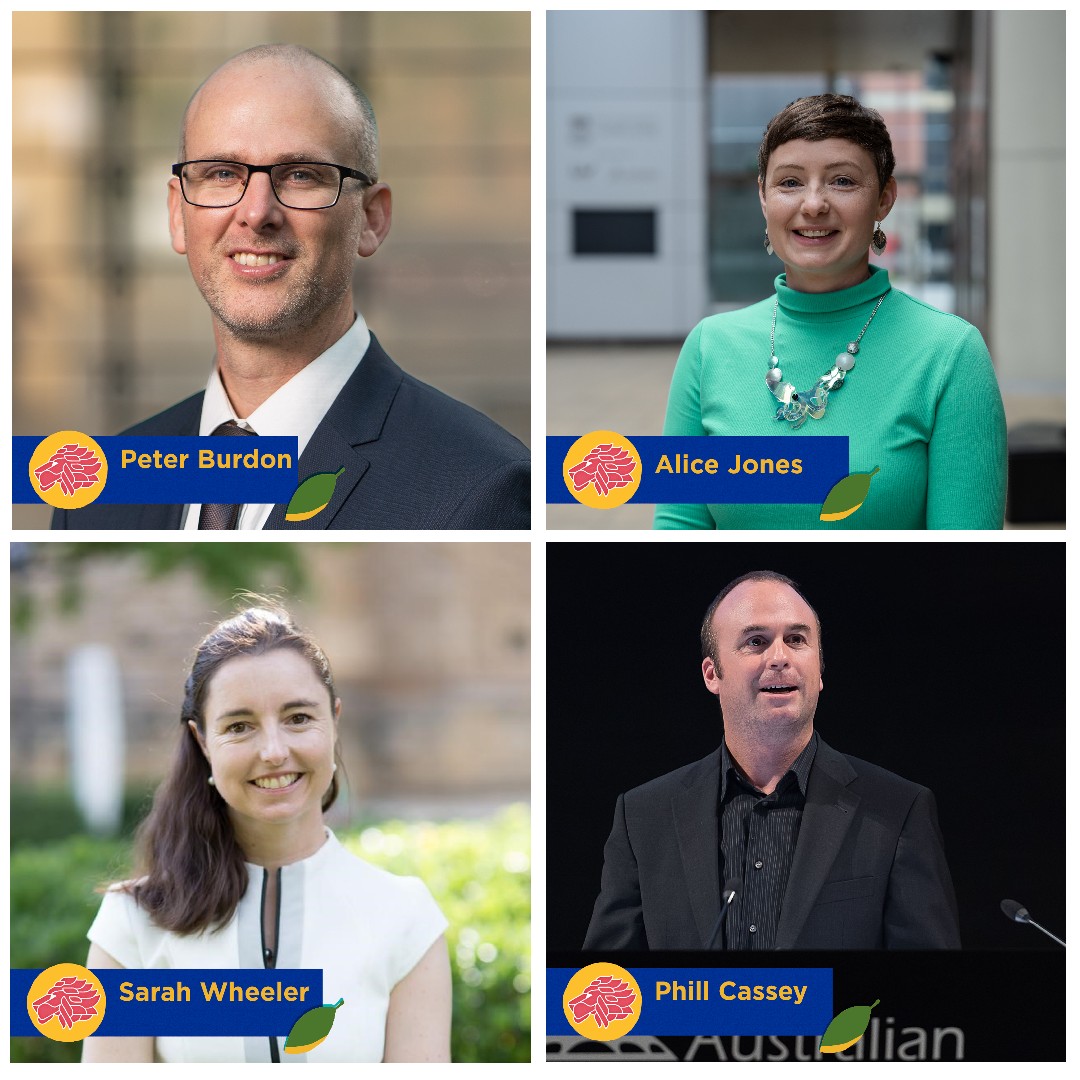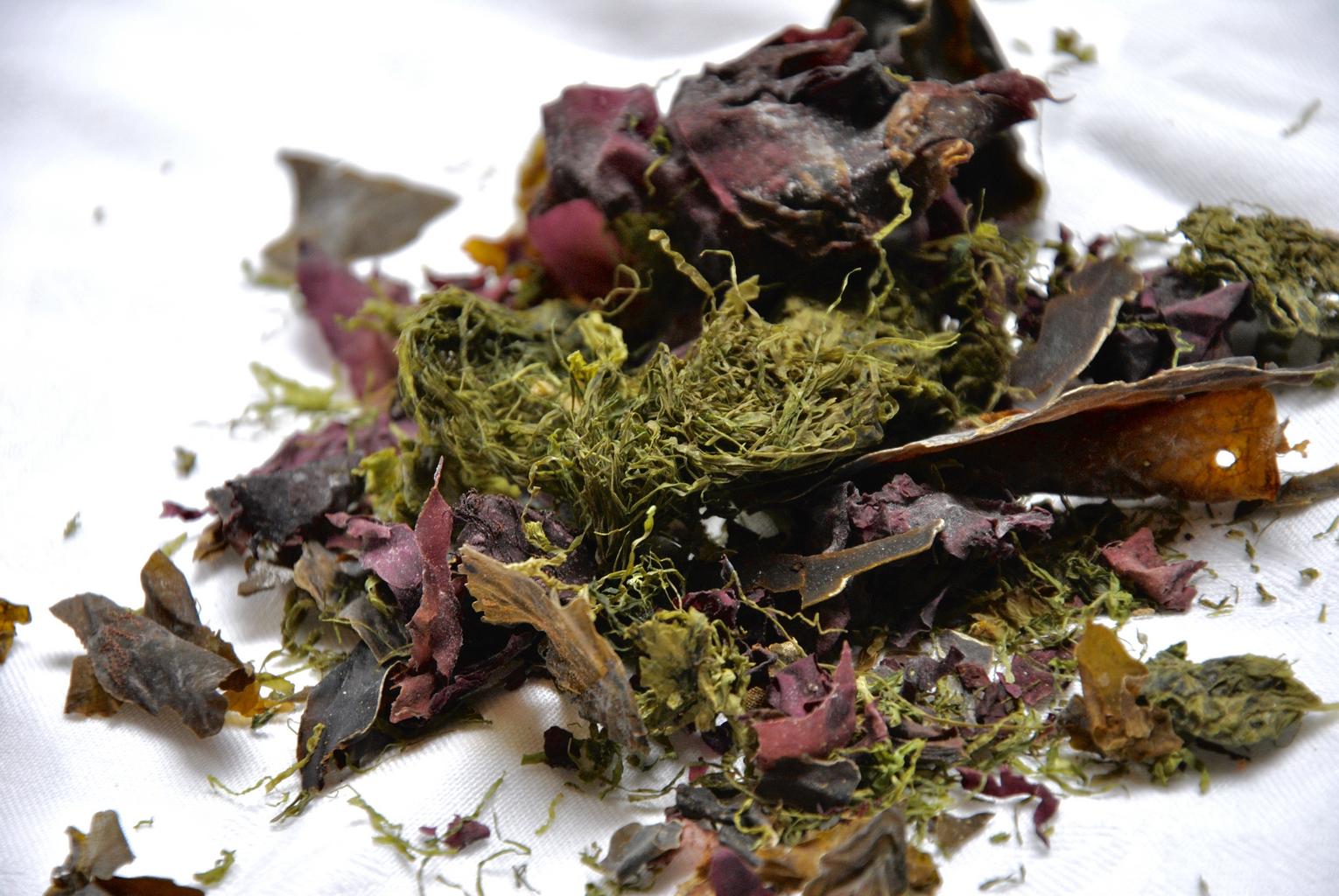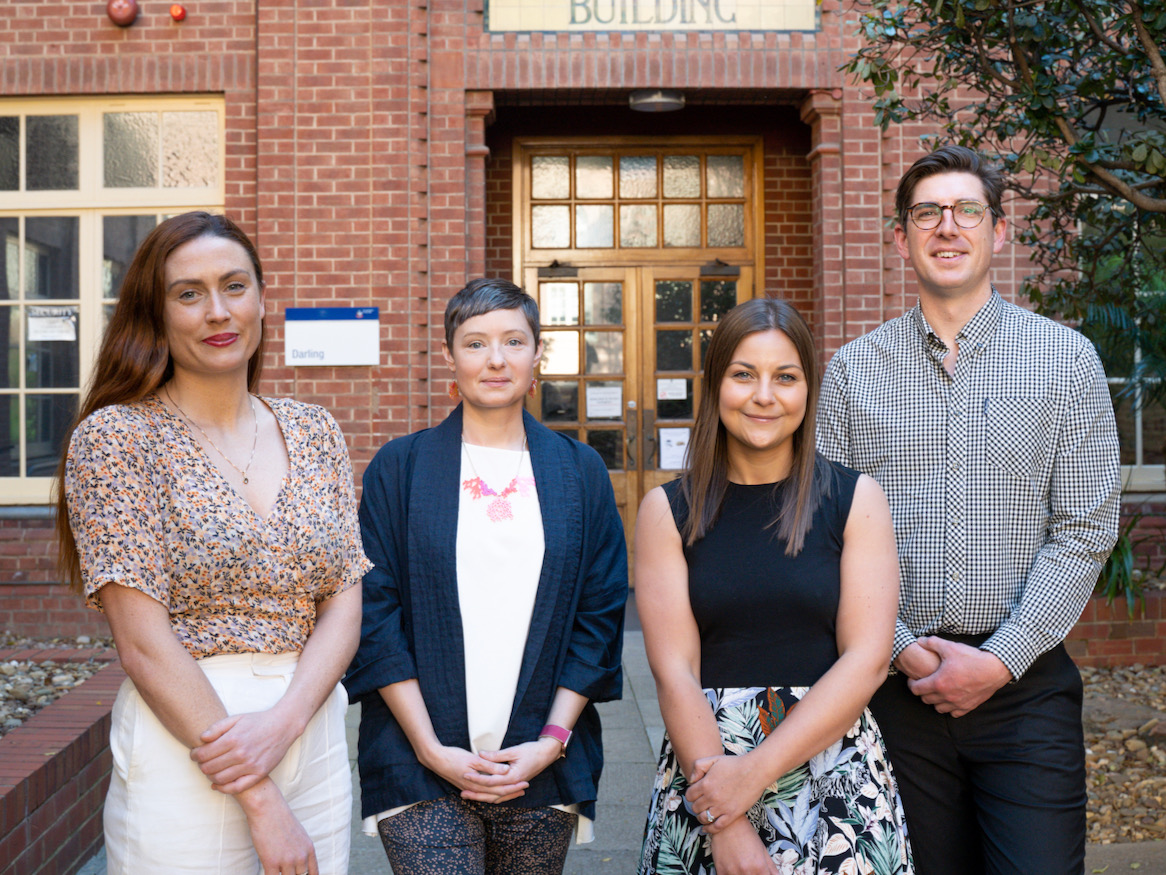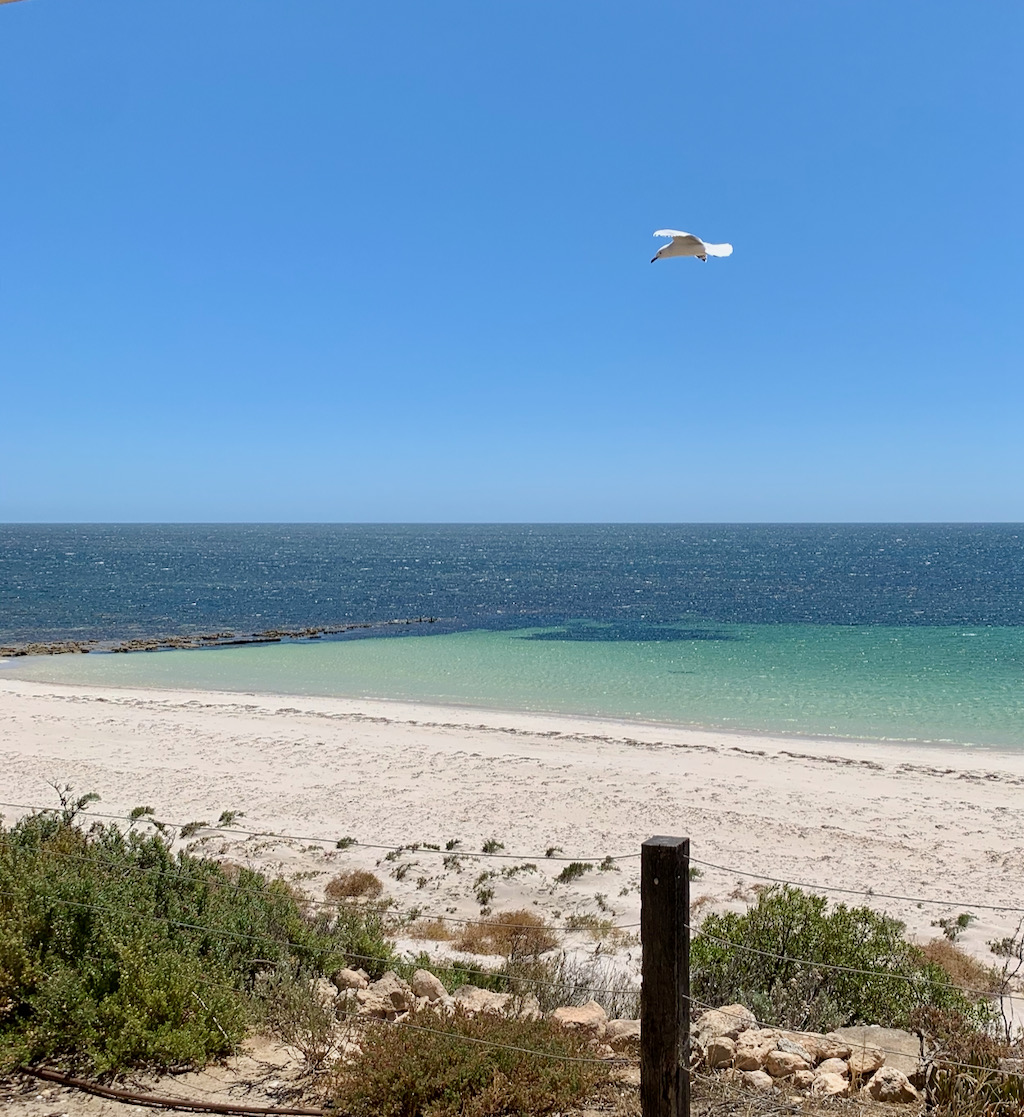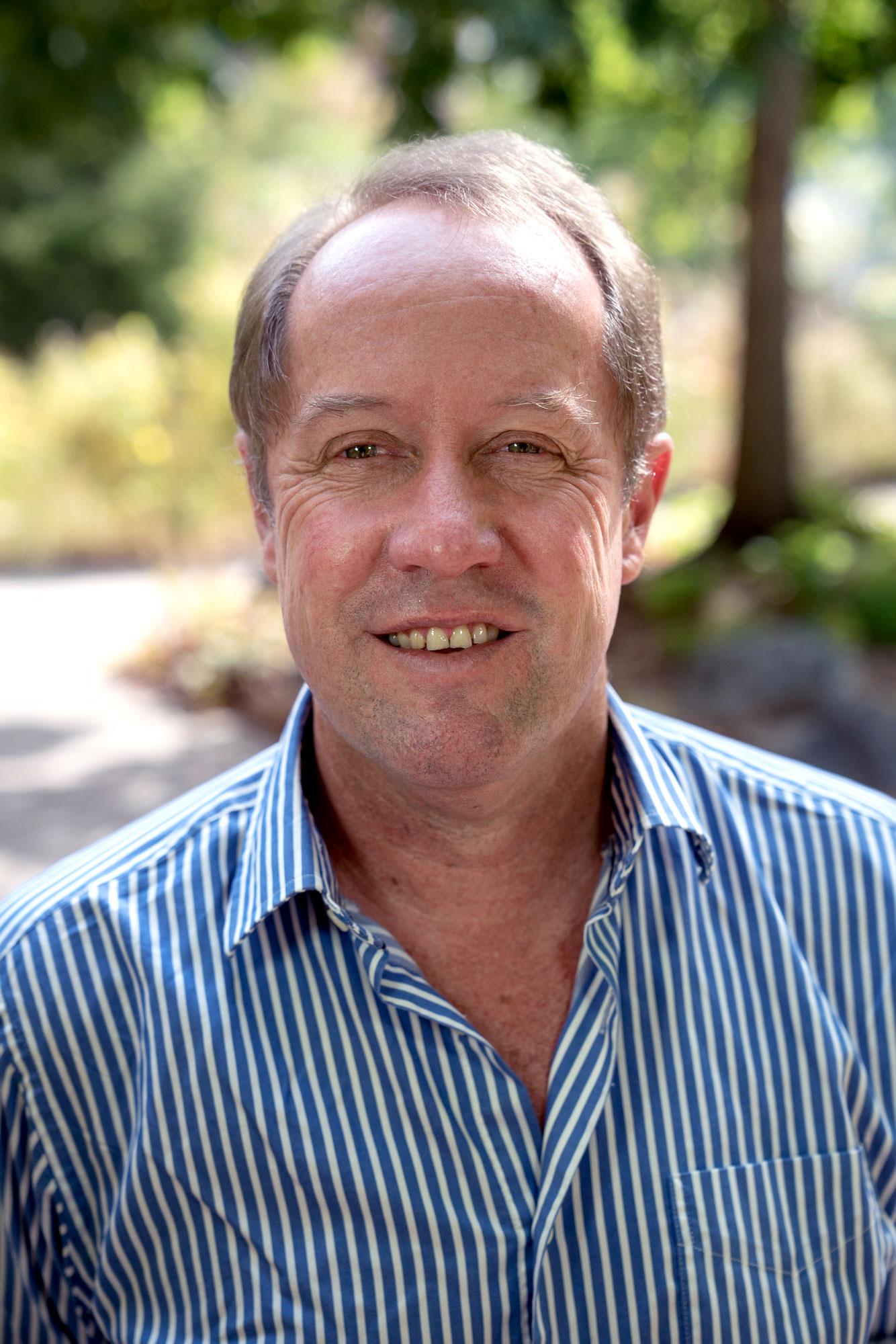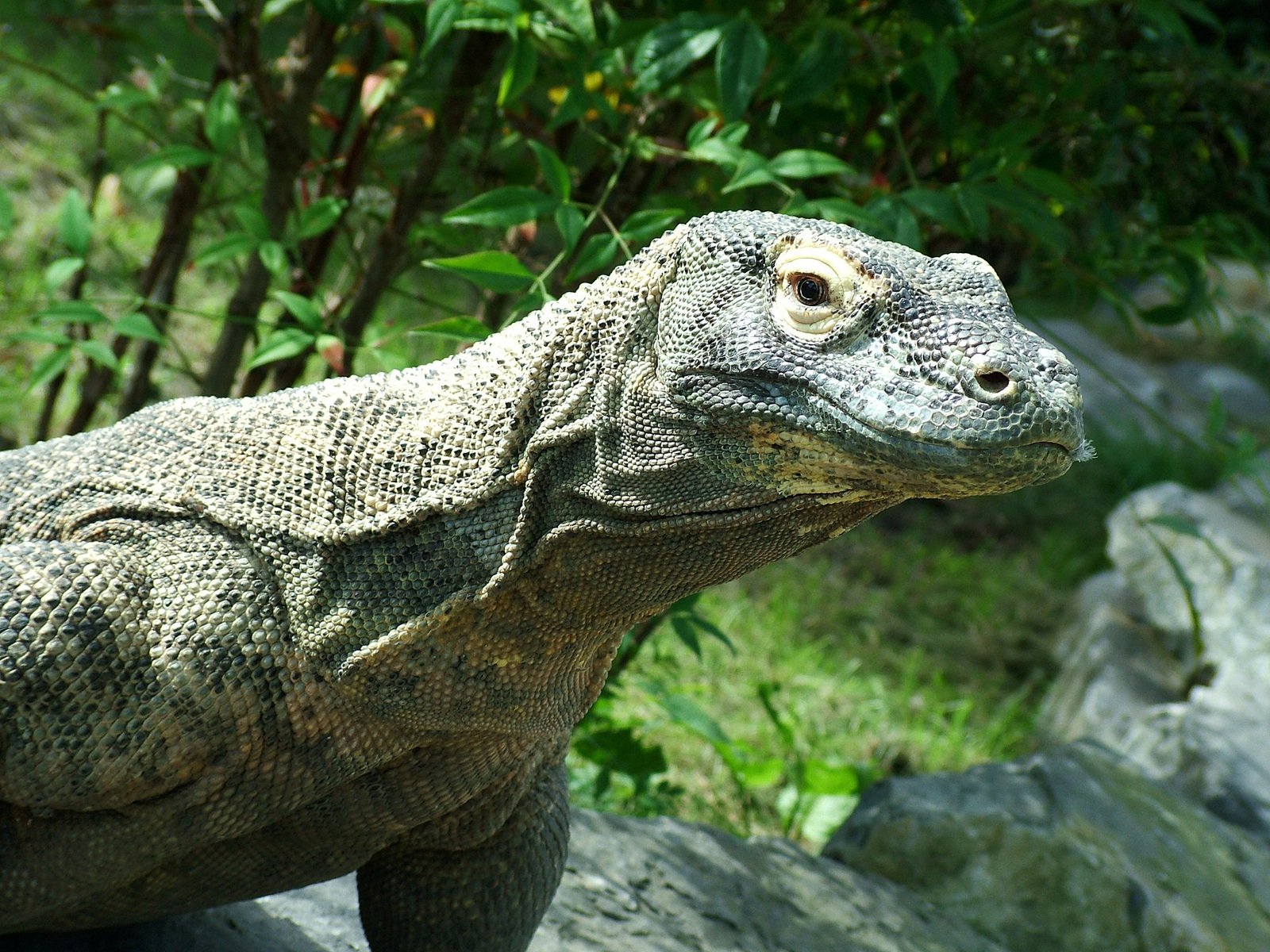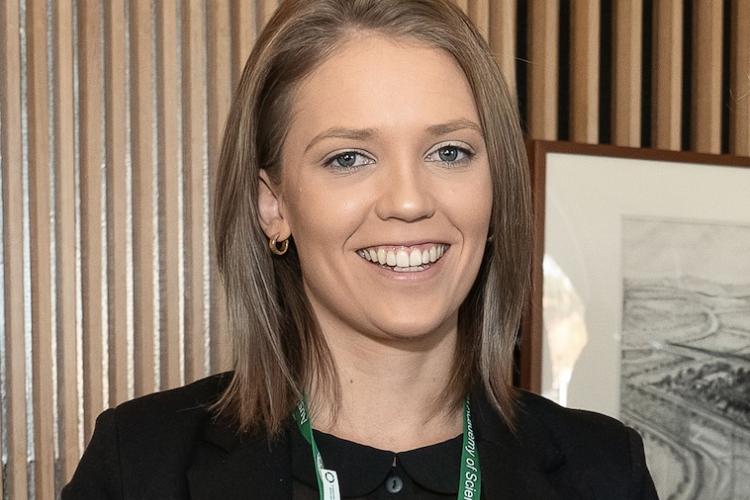BLOGS WEBSITE
TAG: Alice Jones
Environment Institute at WOMAD’s Planet Talk
The Adelaide Parklands will come alive in March with the sounds of world music and the chatter of inspiring speakers tackling major planetary challenges at WOMADelaide. The Environment Institute is delighted to announce that it will be presenting the Saturday, 11 March session of ‘The Planet Talks’, an ecological and conversational forum, at WOMADelaide 2023. […]
Comments Off on Environment Institute at WOMAD’s Planet Talk
Dr Alice Jones appointed lecturer in Resilience Ecology
We are delighted to announce Environment Institute member Dr Alice Jones, has been appointed to the position of lecturer in Resilience Ecology. Dr Jones completed her PhD at the University of Southhampton, a Masters at Kings College London and her Bachelors degree at the University of Manchester, all in the United Kingdom. She was a […]
Comments Off on Dr Alice Jones appointed lecturer in Resilience Ecology
Heading towards an improved marine aquaculture sector
It’s one of the world’s fastest growing food industries and, with the introduction of some new strategies investigated by researchers at the University of Adelaide and The Nature Conservancy, could soon be one of its greenest. In a new paper published in BioScience, Climate-Friendly Seafood: The Potential for Emissions Reduction and Carbon Capture in Marine Aquaculture, six principles are […]
Comments Off on Heading towards an improved marine aquaculture sector
Tall Poppy winners announced for 2021
Five University of Adelaide researchers have won 2021 South Australian Young Tall Poppy Science Awards. The Tall Poppy Awards, an initiative of the Australian Institute of Policy and Science, recognise the achievements of Australian scientists and their commitment to sharing their research and passion for science with the broader community. The Environment Institue is proud to have […]
Comments Off on Tall Poppy winners announced for 2021
Blue is the new green
In the search for potential natural allies to help combat climate change, marine coastal vegetation sits near the top of the list. Known as ‘blue carbon’ ecosystems, mangroves and seagrass meadows are carbon-storage machines, absorbing CO2 up to 40 times faster than terrestrial forests and trapping carbon in the soil for millennia. They are also […]
Comments Off on Blue is the new green
Environment Institute Members showcased in upcoming Ecology and Evolution Autumn Series
Professor Hugh Possingham will lead a well-respected group of EI researchers in the online series. We’re delighted our members continue to focus on how the University of Adelaide is finding solutions to key problems in the fields of ecology and evolution. The Autumn 2021 series theme is ‘Blueprints for action’ with seminars beginning at 3pm Adelaide time, ACDT. […]
Comments Off on Environment Institute Members showcased in upcoming Ecology and Evolution Autumn Series
Unique Komodo dragons under threat by climate change
The world’s largest lizard, the Komodo dragon, could be driven to extinction by climate change unless significant measures to intervene are taken soon. A new international study, led by the University of Adelaide and Deakin University, has found that the impact of both global warming and sea-level rise threatens the extinction of Komodo dragons, which […]
Comments Off on Unique Komodo dragons under threat by climate change
Ms Nicole Foster to represent Australia at the Lindau Nobel Laureate meetings
Identified as an outstanding early-career researcher, Nicole will attend the highly prestigious annual gathering of Nobel Laureates. As one of just 10 young scientists selected, the delegates are part of a group of 660 young emerging scientists from around the world from 101 countries who will meet with 68 Nobel Laureates from the fields of […]
Comments Off on Ms Nicole Foster to represent Australia at the Lindau Nobel Laureate meetings
MEDIA RELEASE: Carbon storage in costal ecosystems receives new funding
Environment Institute researchers receive new funding to investigate the potential for more carbon storage in our coastal ecosystems. Leading the way in blue carbon opportunities, our researchers have recently won funding through the new Blue Carbon Futures Grants from the Adelaide and Mount Lofty Ranges Natural Resources Management Board. Blue carbon is carbon stored in […]
Comments Off on MEDIA RELEASE: Carbon storage in costal ecosystems receives new funding
How can we assess human impacts on coastal ecosystems?
There are many ways in which human activities can negatively affect marine environments, as we discuss in our new paper published in the journal Scientific Reports. We use the oceans to support industry (e.g. fishing, shipping, tourism) as well as for recreation (e.g. boating, fishing, diving, beach activities). The things we do on land can […]
Comments Off on How can we assess human impacts on coastal ecosystems?

